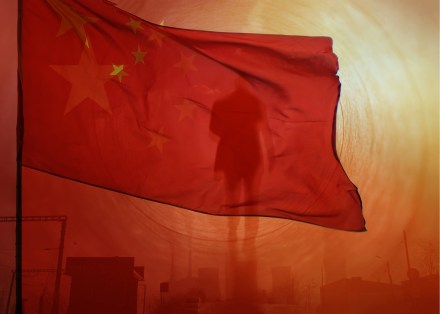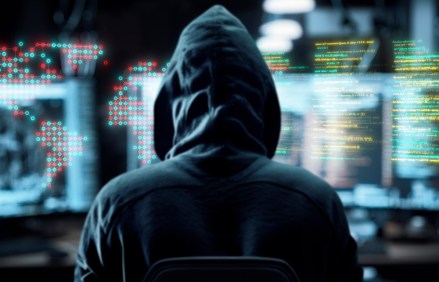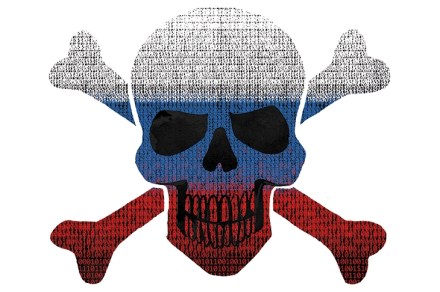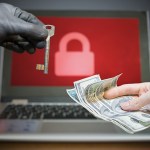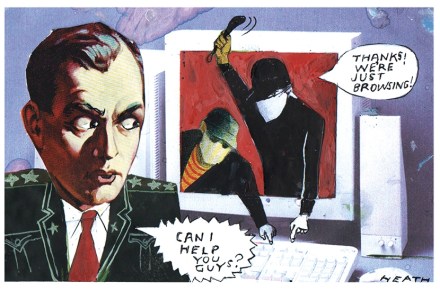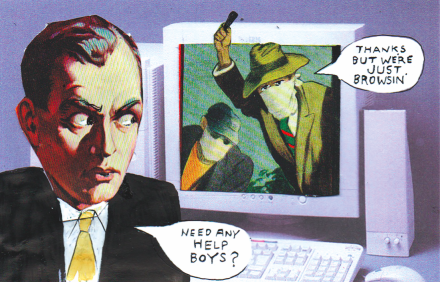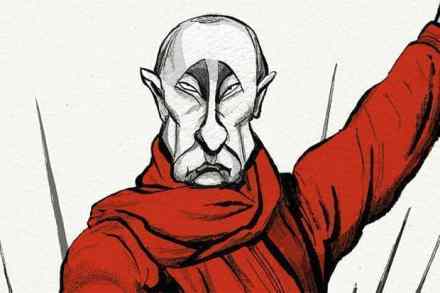What Chinese hackers want
27 min listen
Over the last week the UK has been rocked by allegations that China was responsible for two cyber attacks in recent years – one on the Electoral Commission, where hackers successfully accessed the open register, which has the details of 40 million voters; and a set of attempts to access the emails of a number of China critics within parliament. So what do we know about China’s cyber capabilities? What are its goals? And now that the UK knows about these attacks, what should we be doing? Joining me on the podcast today is Nigel Inkster, senior advisor for cyber security and China at the think tank IISS, formerly director



